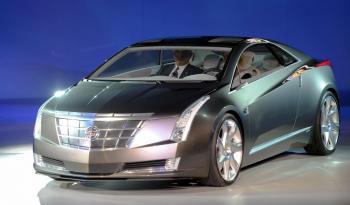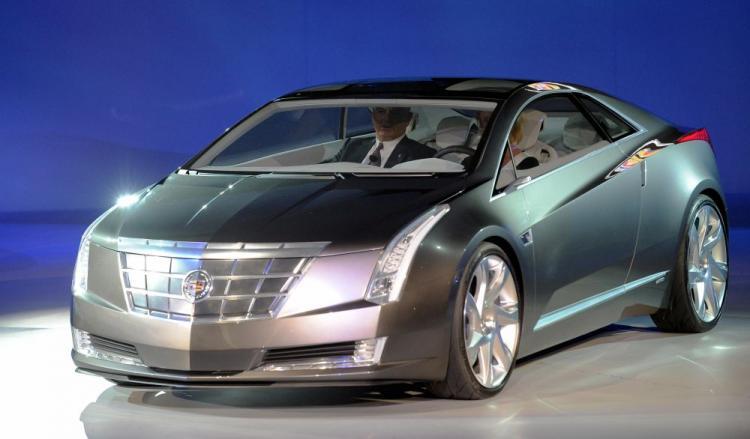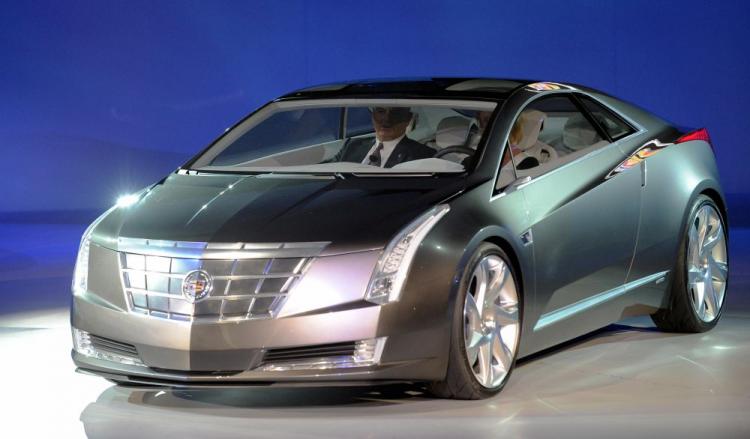This week the Federal government unveiled $2.4 billion in grants to develop batteries, parts, and technologies for electric vehicles.
A total of 48 research programs in the United States received funding from the Obama Administration, including battery manufacturers, automakers, and other vehicle parts makers. Most of those companies are based in the Midwest, one of the hardest hit regions during the recession.
Aside from the possibility of lessening the country’s dependence on fossil fuels, the funding for electric car research can help narrow the gap between U.S. battery manufacturers and Asian battery manufacturers, long thought to be ahead in technology and innovation.
Wall Street analysts will be closely watching this development, particularly companies currently researching battery technologies.
“To make the technology work, you need batteries that are smaller, lighter, significantly more powerful, delivering range that’s more like a gasoline car,” said Paul Eisenstein of the Detroit Bureau, an auto industry insider wire service at a panel discussion at the Los Angeles Auto Show last November.
For years, the only component preventing plug-in electric vehicles from dominating American roadways is the battery. Current battery technologies simply couldn’t generate enough power to drive today’s car engines, and didn’t hold enough charge to last long distances.
But the U.S. government’s grant means that there’s hope that such technology is at least feasible, if not probable, in the short term.
Whoever can come up with a next-generation battery technology, and subsequently patent it, will likely cash in on billions of dollars in revenues.
One company to benefit from this grant is Milwaukee, Wis.-based Johnson Control Inc., a leading U.S. manufacturer of car batteries and other parts.
Johnson received $299 million under the American Recovery and Reinvestment Act, the official name of the federal program, to develop domestic manufacturing capacity for advanced batteries for hybrid and electric vehicles.
“This investment is an important step toward creating and building an industry in the United States that addresses market requirements and long-term opportunities for growth and new jobs in this country,” Alex Molinaroli, president of Power Solutions for Johnson Controls said in a statement. “We believe this comprehensive approach will enable the United States to establish a domestic industry that is competitive, economically viable and sustainable.”
Earlier this year, Johnson partnered with French engineering firm Saft to research and market lithium-ion cells and complete hybrid battery systems for Ford, Daimler, and BMW.
Watertown, Mass.-based A123 Systems received $249 million to develop similar battery technologies.
“This grant is another exciting step towards creating an American battery infrastructure, which may reduce our dependence on foreign oil and increase our nation’s energy security,” said David Vieau, President of A123 Systems, in a statement.
The planned automotive lithium-ion battery manufacturing system is expected to be U.S-based and vertically-integrated. Both A123 Systems and Johnson Controls expect to operate plants related to developing battery technologies in Michigan.
Johnson will convert an existing facility in Holland, Mich., while A123 will begin construction on a plant in Livonia, Mich.
U.S. automakers Ford Motor Company, General Motors, and Chrysler Group also received money to develop electric-drive parts programs.
Companies receiving federal funds must match the contributed funds with their own capital over time.






